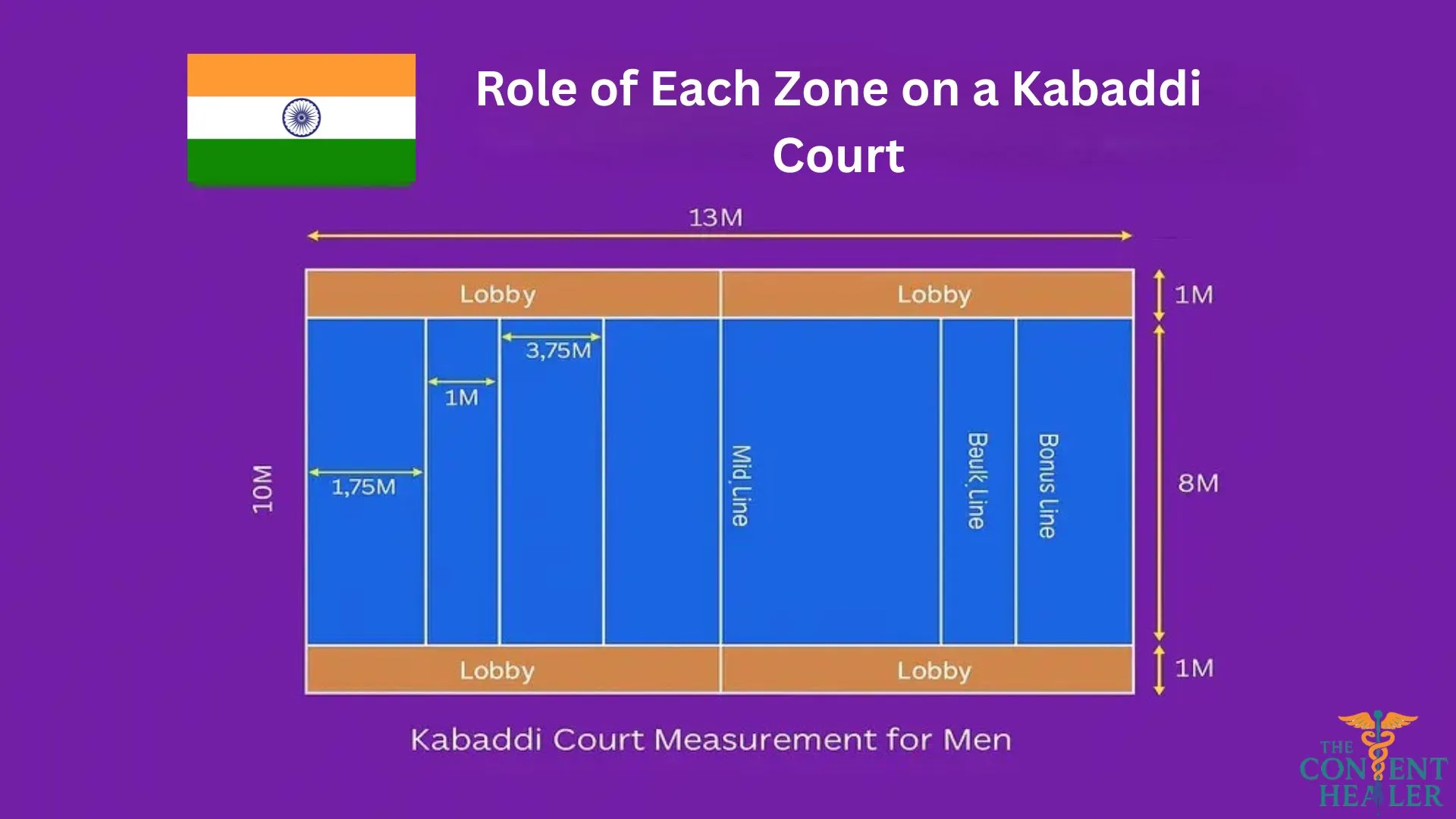In today’s digital world, employees are not just representatives inside the office — their online actions also impact your brand. A single negative comment, offensive post, or misuse of company information on social media can damage your business reputation. That’s why learning how to handle employee social media misconduct is more important than ever.
This blog will walk you through practical steps, policies, and strategies to protect your brand while treating employees fairly.
What is Employee Social Media Misconduct?
Social media misconduct happens when an employee’s online activity harms the company’s image, violates policies, or breaks ethical guidelines.
Common examples include:
-
Sharing confidential company data without permission.
-
Posting offensive or discriminatory content that links back to your company.
-
Criticizing or making negative remarks about managers, clients, or co-workers.
-
Using company resources for unauthorized social media activity.
Why Addressing Social Media Misconduct Matters
Ignoring misconduct can:
-
Damage brand reputation.
-
Lead to customer mistrust.
-
Create legal or compliance issues.
-
Lower employee morale and professionalism.
On the other hand, handling it properly can strengthen your workplace culture, trust, and accountability.
Steps on How to Handle Employee Social Media Misconduct
Here’s a step-by-step approach for employers and HR managers:
1. Define Clear Social Media Policies
Prevention is always better than cure. Have a written social media policy in place that explains:
-
What employees can and cannot post.
-
How they should represent the company online.
-
Possible consequences of misconduct.
👉 Example: A retail company once included a simple line in its policy — “Respect your colleagues and customers online the same way you would in person.” This made rules clear and easy to follow.
2. Monitor Without Invading Privacy
Employers should respect employee privacy. Instead of spying, focus only on publicly visible content that directly affects the company. Use monitoring tools wisely to identify harmful content without crossing ethical boundaries.
3. Address the Misconduct Immediately
When misconduct occurs:
-
Document the incident with screenshots.
-
Speak privately with the employee.
-
Give them a chance to explain their side.
Remember, sometimes employees post without realizing the consequences. A fair conversation can resolve many issues before they escalate.
4. Apply Proportionate Consequences
The action you take should match the severity of the misconduct.
-
Minor cases → verbal warning or counseling.
-
Repeated issues → written warning or suspension.
-
Serious violations (confidential leaks, hate speech, defamation) → termination as per company policy.
5. Train Employees on Responsible Social Media Use
Education is the best defense. Conduct training sessions where employees learn:
-
The impact of online actions on business.
-
How to maintain professionalism online.
-
Best practices for personal and professional accounts.
6. Use AI & Tools for Prevention
With the rise of AI-powered monitoring, companies can track potential threats early. For example:
-
AI tools detect offensive language linked to your brand.
-
Automated alerts flag posts mentioning your company negatively.
This not only prevents major issues but also helps in Search Experience Optimization (SXO) by protecting brand trust online.
Balancing Employee Rights & Employer Interests
While it’s essential to know how to handle employee social media misconduct, remember that employees also have freedom of expression. The goal is not to control personal opinions but to ensure that online behavior does not harm your organization. A balance of respect + responsibility works best.
Quick Recap
Here’s a summary of how to handle employee social media misconduct:
-
Create clear policies.
-
Monitor only public and relevant content.
-
Address issues immediately and fairly.
-
Match consequences with severity.
-
Train employees on responsible online behavior.
-
Use AI tools to prevent and detect issues.
Conclusion
Knowing how to handle employee social media misconduct is essential for every modern business. With the right mix of clear policies, fair action, and employee education, you can protect your brand while respecting your team’s rights.
In the end, social media can either be a brand-building tool or a reputation risk — the choice depends on how wisely you handle it.
FAQs on How to Handle Employee Social Media Misconduct
1. What should an employer do first when facing employee social media misconduct?
The first step is to document the incident and then discuss it privately with the employee. This ensures fairness and transparency.
2. Can an employee be fired for social media misconduct?
Yes, but only in severe cases like confidential data leaks, hate speech, or defamation. For minor issues, counseling or warnings are better options.
3. How can companies prevent social media misconduct?
By setting clear policies, offering training, and using AI-based monitoring tools. Prevention is always better than punishment.
4. Is monitoring employees’ social media legal?
Employers can monitor public posts that directly affect the company. However, private accounts and personal spaces should always be respected.
5. Why is training employees on social media important?
Because many employees are unaware of how a small post can damage the brand. Training builds awareness, responsibility, and digital professionalism.





